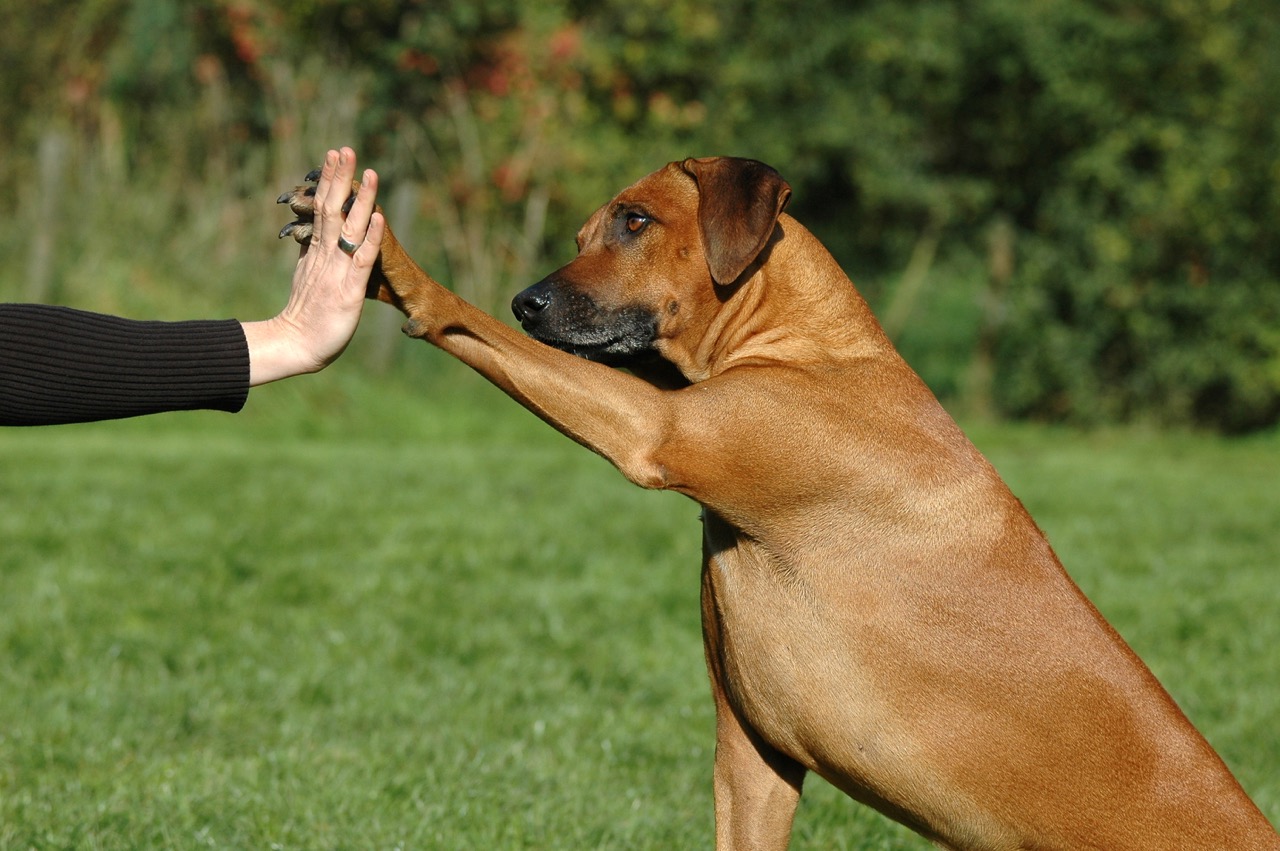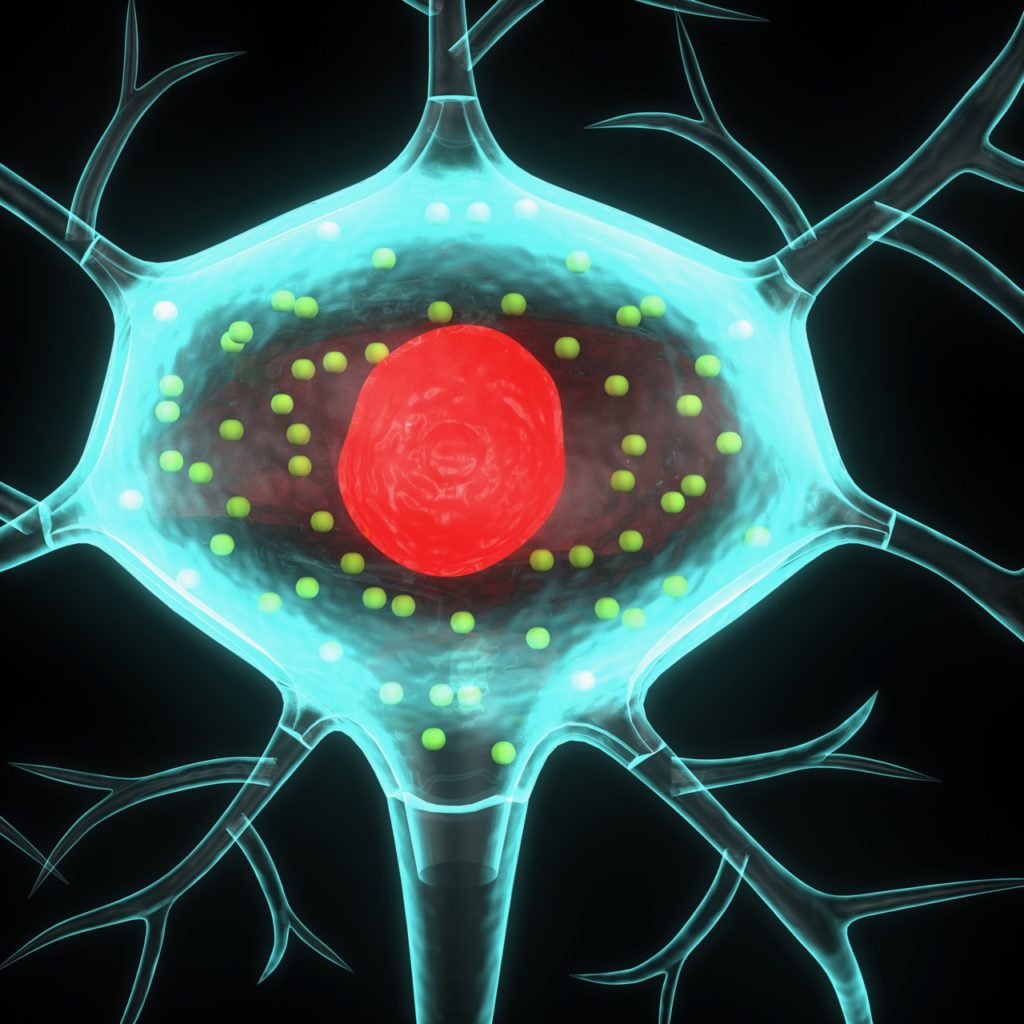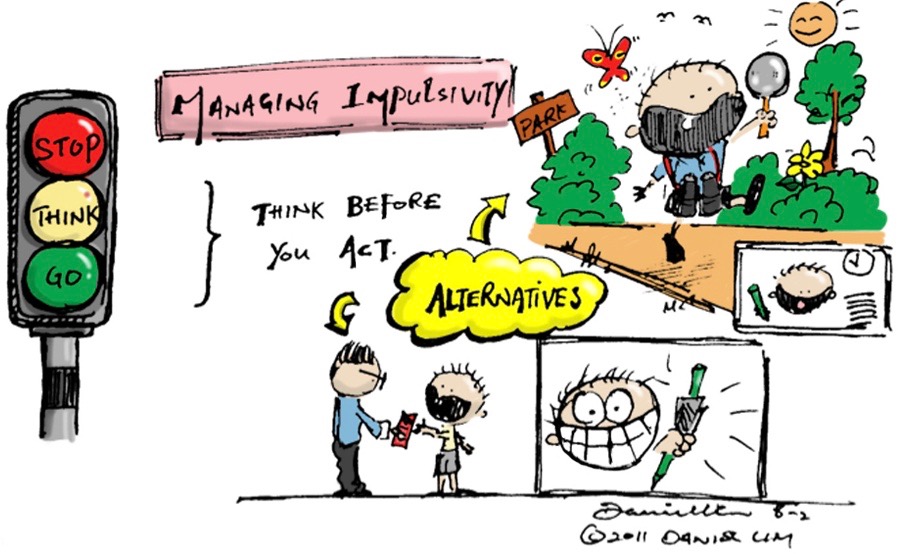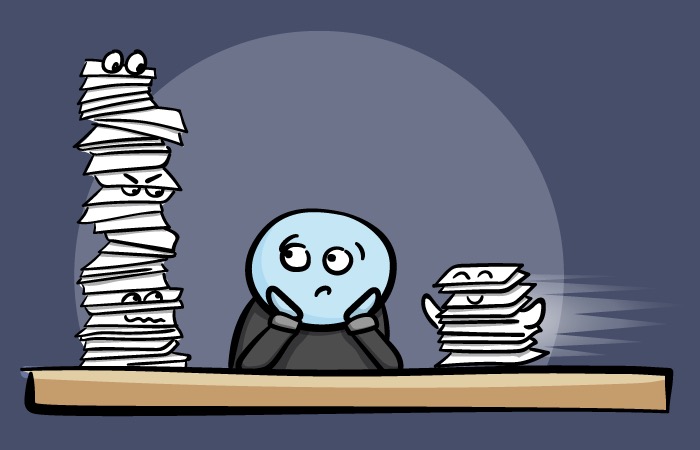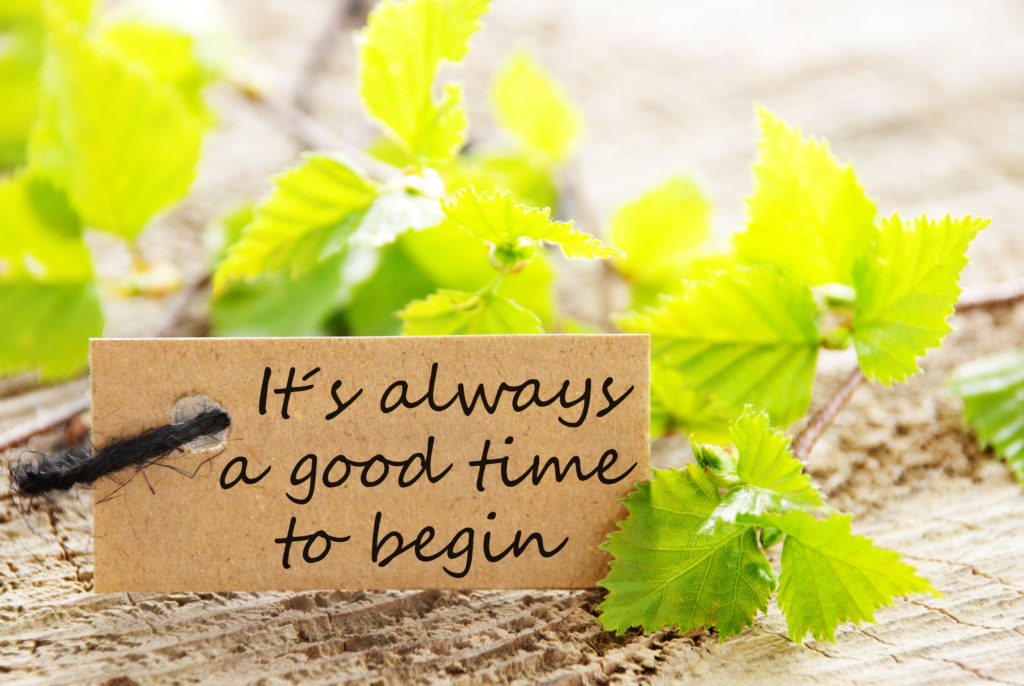Honest to God, sometimes I catch myself right in the middle of it.
I’ll be ranting at my husband about how good for him it would be if he’d work out more: How all these studies prove it. It’ll be the hundredth time I’ve had this conversation with him. Well, it’s not really a conversation but more like a monologue. And, then I remember.
I can’t change him. It’s not my job to change him. It’s his.
So, I suit up and go to the gym myself. HA!
I know I’m not alone. A lot of us spend time trying to change or fix our spouses or people closest to us.
We do this for all sorts of reasons and learned how to do it in all sorts of ways.
When a person engages in this kind of behavior a lot, it’s known as codependency. This term was originally associated with those living with, or having grown up with, a substance abuser. But, codependent behavior also results from living in any kind of childhood or later environment that prevents your needs from being met. Mental or chronic physical illness in someone close can cause the same set of behaviors. So can poverty.
And, since human beings are crazy sensitive, even unintentional emotional neglect (especially in childhood) can set codependent behaviors in motion.
Codependent relationships are ones where individuality is blurred and the two people can’t function well without each other. It can manifest in lots of ways, but the bottom line is that it’s not good for either person.
Here we’re exploring common codependent behaviors, so we can get some awareness of them.
Constantly wishing your partner or friend would change
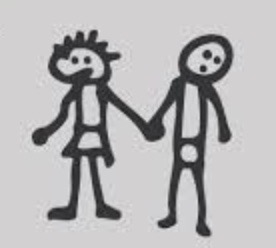 No matter what the person in question is doing, it isn’t up to you to change him or her. The rule of thumb is that it’s cool to suggest the change you’d like to see twice, three times at the very most. If you tend toward co-dependency (like me), this sounds insane! But, you have to remember; the other person’s not going to change because you keep telling him, or her, to change. The best thing you can do is to be the change you want to see. In other words, set an example.
No matter what the person in question is doing, it isn’t up to you to change him or her. The rule of thumb is that it’s cool to suggest the change you’d like to see twice, three times at the very most. If you tend toward co-dependency (like me), this sounds insane! But, you have to remember; the other person’s not going to change because you keep telling him, or her, to change. The best thing you can do is to be the change you want to see. In other words, set an example.
Constantly flipping out because your partner keeps doing or not doing the thing you dislike or disapprove of, won’t get you anywhere but upset. It will also alienate the other person. No matter how strongly you believe in the value of the change you want them to make, it doesn’t matter. It’s not up to you to run another person’s life.
(Btw: This doesn’t apply to parents with small kids because parents have to take care of their children! They have to make decisions for them and monitor their feelings and behaviors. Much of what they need to do as parents would be unhealthy codependent behavior in an adult relationship. If there are significant problems with kids, I’d suggest getting professional help so you know how to handle them.)
It can be really hard not wishing your person would change. Maybe the person is an addict, or workaholic, or what-ever-aholic who uses the activity to retreat from emotionally connecting.
Maybe what you don’t like about them is their messiness, poor diet, that they refuse to recycle, or that they don’t make an effort at work.
If you find that you can’t tolerate your partner or close friend’s behavior, you’re going to have to change yourself.
Maybe you’ll find that you’re too controlling and should get help with that. Or, maybe the relationship isn’t what you want. Or, maybe you can learn to accept the behaviors you want changed.
Feeling overly responsible for other people’s feelings
In social situations, I’m ultra aware of other people’s feelings. I’m also very good at sensing their discomfort, and masterful at giving them what they need to assuage their discomfort — a complement; drawing them into a conversation; asking them about themselves; showing interest in their interests, etc.
This empathy is a wonderful trait – and it’s genuine in me — but taken this far it’s unhealthy. In extreme instances, I feel other people’s feelings, and not my own. Essentially, I abandon myself. For instance, I could go through a whole dinner party, never having touched base with my own feelings. I’m better now, but it’s still a problem.
Like all codependent behaviors, we can trace their causes. Intellectually understanding why I became so responsible for others’ feelings has been one part of becoming aware of the behavior as it’s happening.

Being overly identified with another person
A hallmark of codependency is being enmeshed with another person. Enmeshment is when one person takes on another person’s feelings, problems, and business as though they were her own.
For instance, when I mention a new food I love or a great sale on clothing, a codependent friend often says, “Oh, maybe that would be good for Sarah,” her daughter. Meanwhile, I was sharing it because I thought she would like it for herself. But “herself” is deeply merged with her daughter. Her enmeshment with her grown daughter causes her to vacate her self. It’s as though she herself is no longer a person in process: A person with needs and desires.
Over identification like this means there’s not much you in you. It can lead to fighting the other person’s fights for them. The over identified person can become angry at the other person’s husband or in-laws for things they’ve done. The codependent stresses and worries about the other person’s personal issues, as though the issues were their own.
Meanwhile, their own, personal issues and life are unattended.
Dropping everything to run to the rescue
So many codependent behaviors are fantastic qualities taken to the extreme.
I have a friend who would do anything for me. I know that if I called her in the middle of the night to drive to the airport with me because a friend’s plane was very late, she’d get out of bed and do it.
Which is very nice, but not if she has to get up for work at 6 a.m. I’ve heard people say you can judge how much to do for others by evaluating the following: Are you giving of your extra (energy) – or from your essence?
I think of it like this. If my energy was money in the bank, do I have enough to give a lot of it away without sacrificing what I need to take care of myself?
If I have plenty, it’s all good and I want to help.
But, if I don’t have enough, they I can’t do it.
It’s that old, put your oxygen mask on first, before helping others.
Codependents often give way too much and end up sick, resentful, or feeling like a martyr.
One last thing
Codependant behavior isn’t all or nothing. There are degrees of it. All of us find ourselves doing some of these things, sometimes.
Only you can know if you have a problem with it.
For more, visit the great Melody Beattie’s site.
I also highly recommend her award-winning daily reader, The Language of Letting Go.
Several of her other books and apps are great too.
Mental Health America website has a has a long list of codependent behaviors you might want to check out. To find them, go to this page, and scroll down.
